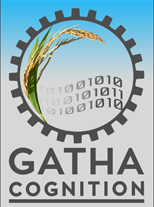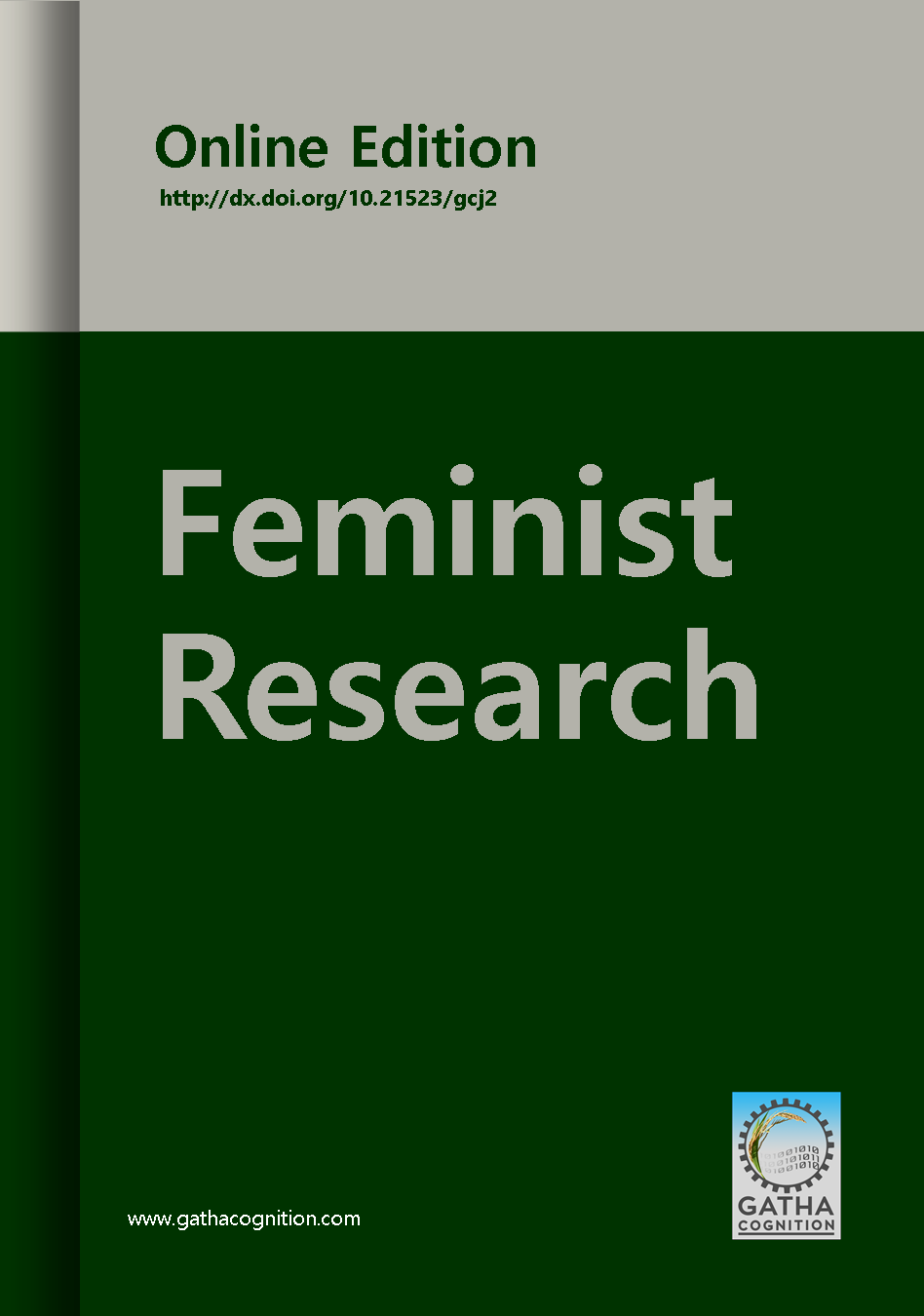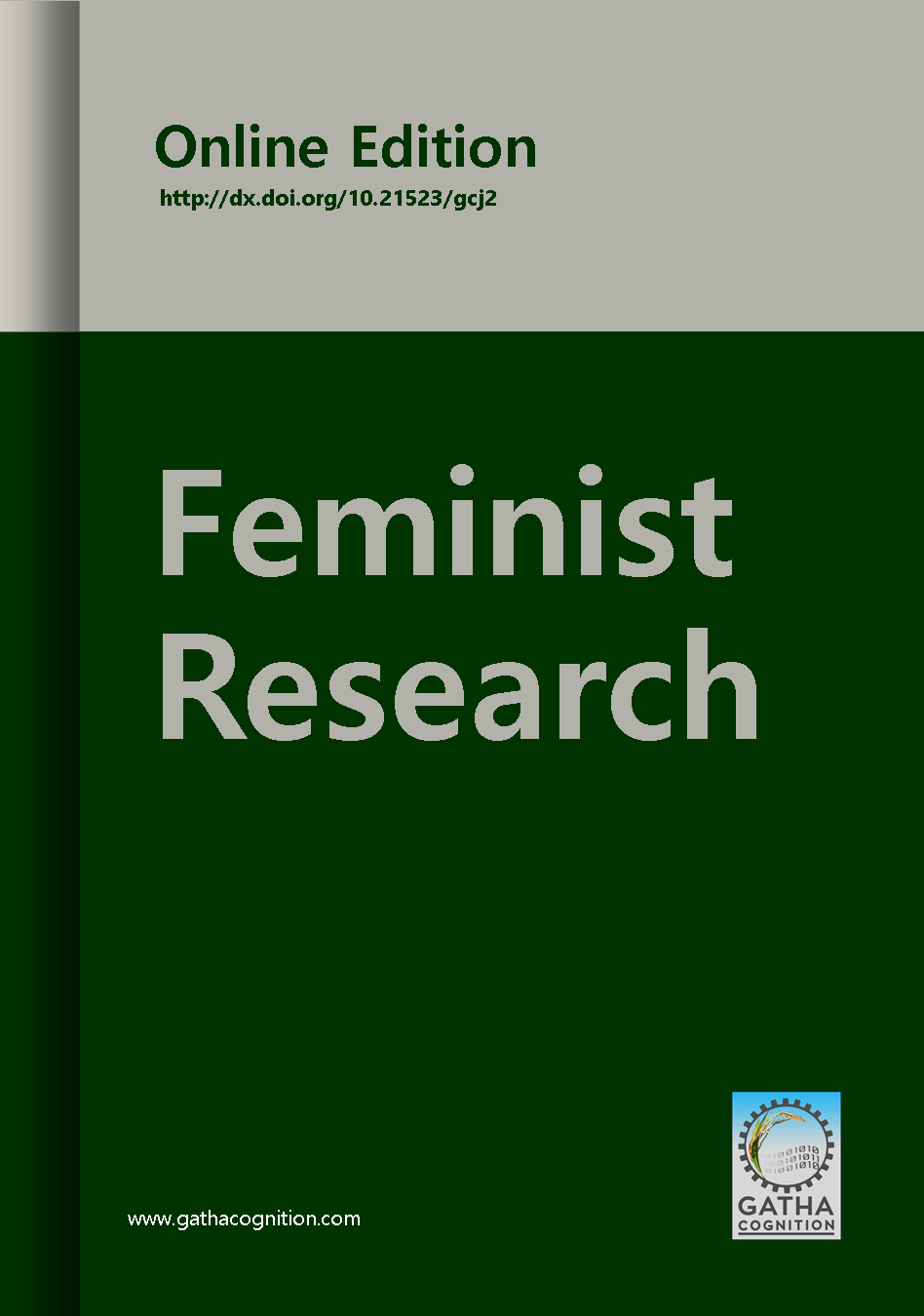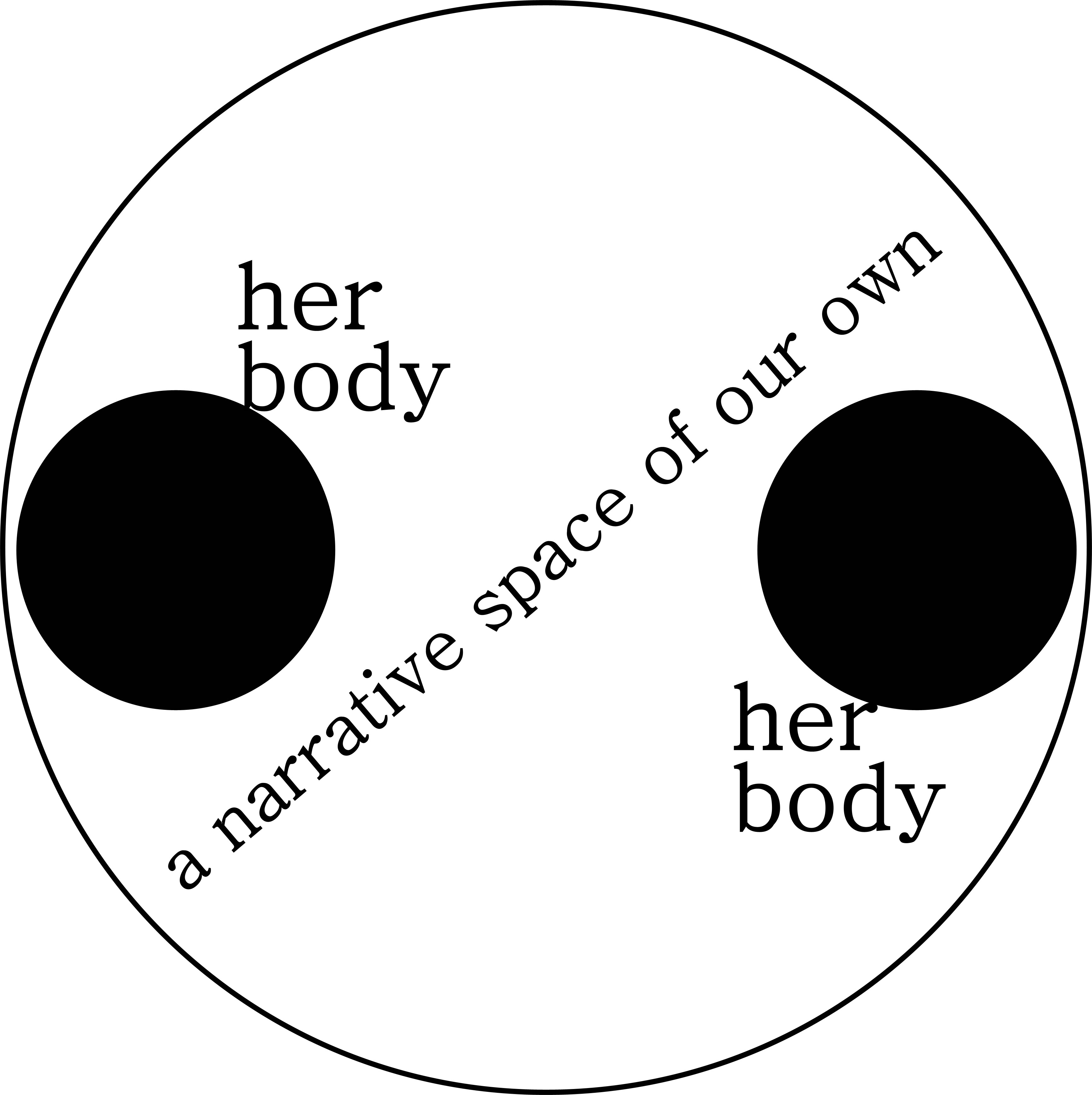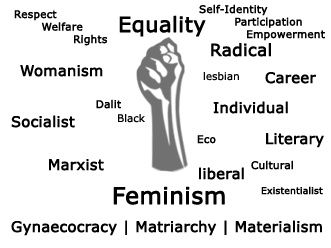1 . Editorial
Feminist research is that research by, about and for women. Further, the research conducted by and about men may be feminist (Cosgrove and McHugh, 2000; Hans, 2013). Feminist research includes women’s lives, equalities, empowerment, socialization and improved status (Ghosh, 2007). Cosgrove and McHugh (2000) suggested feminist research for 1) giving voice to women’s experience, 2) moving away from dichotomous thinking, 3) incorporating reflexivity, 4) adopting a collaborative approach and 5) using research as a tool for emancipation of women. Feminist research can be characterized into four primary groups: 1) expanding methodologies to include both quantitative and qualitative methods, 2) connecting women for group-level data collection, 3) reducing the hierarchical relationship between researchers and their participants to facilitate trust and disclosure and 4) recognizing and reflecting the emotionality of women’s lives (Campbell and Wasco, 2000). The journal ‘Feminist Research’ focuses on navigating the studies with feminist approaches through strong database, innovative techniques and methodologies, etc.
Feminist action research includes action of feminist practitioners and researchers across modernity, post-modernity and possibly post-modernity to democratic transformations for experiences of girls and women (Weiner, 2004). Feminism is conventionally positioned as oppositional to direct and structural violence. Feminists have attracted attention to militarized violence, global economic violence, neo-colonial violence, discursive violence: masculinise violence and violence among/of women. Feminism exposes violence: gender, sex, identity, domestic violence of love, the everyday violence of tolerance, etc. Feminist philosophers are engaged to project two significant areas of concern i.e. historical exclusion and negative characterization of women (Witt, 2004). Further, ‘Feminist Research’ covers women studies, feminist theories, subjugation of women, exploitation of women, feminist laws, women welfare, feminist literature, research undertaken in the field of science, technology as well as social sciences with feminist approach, etc.
The issue consists of five articles on different issues related to women in India. Review article on feminist theories by Nehere (2017) broadly discussed and outlined feminism into liberal, welfare, socialist, Marxist, individual, career, existential, cultural, global, radical, lesbian, postmodern, literary, black, dalit, eco-feminism, womanism and psychoanalysis. There is wide scope for the feminist studies mainly in struggle for women necessities like food, fuel, water, etc., health and reproductive freedom, education, employment opportunities, equal pay and safe working environment, women rights and many of personal, social and cultural problems. Pande (2017) has reviewed issues and challenges to women’s development and empowerment in India. Further, Shinde (2017) has reported findings of primary survey on reproductive health of pavement dwellers in Pune (India).
Feminist analysis of novels can give insights of about women life in contemporary social setup with their dynamics. Bhabad (2017) has reported his observations on this line in his article entitled, ‘Native feminism in the globalized Indian English Novel’. The writers like Bhattacharya, Kamala Markandeya, Manju Kapur, Shashi Deshpande, Anita Desai, Arundhati Roy, etc. portray such issues in feministic manner. Mohanty (2017) has enlarged visibility of book, ‘Sappho’s Quest: New Volume in Women’s Studies’ with genuine remarks on scholarly contributions on feminist analysis.
We hope scholars from various fields like social scientists, social workers, lawyers, writers, managers, academicians, students, etc. interested in feminist analysis and applications for social and gender equalities will appreciate this issue. We seek your contributions and support for success of the journal, ‘Feminist Research’.




